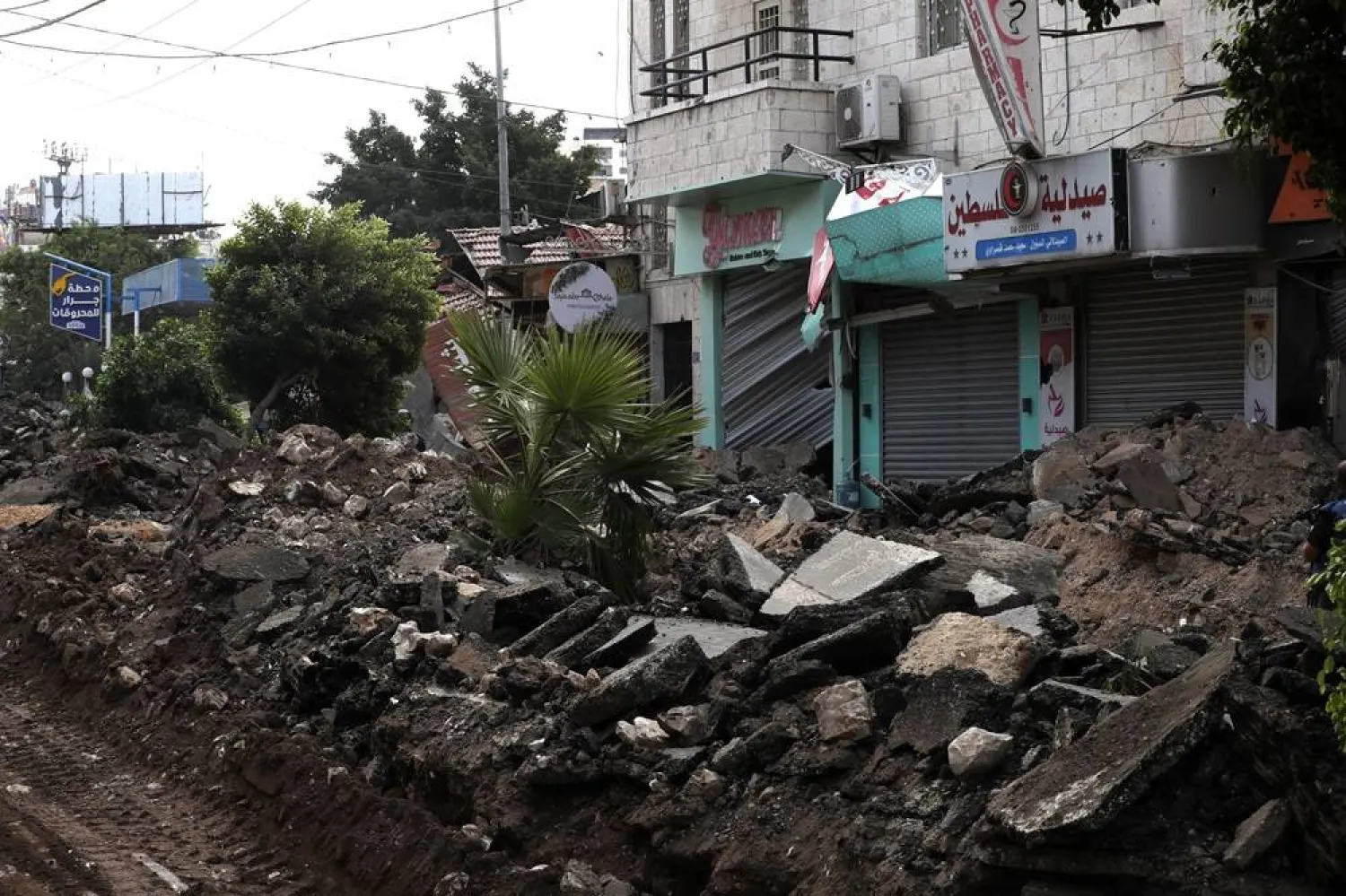Palestinian gunmen killed three Israeli police officers on Sunday when they opened fire on a vehicle in the occupied West Bank, where Israel has carried out large-scale raids in recent days.
The attack took place along a road in the southern West Bank. The raids have mainly been focused on urban refugee camps in the northern part of the territory, where Israeli forces have traded fire with gunmen on a near-daily basis since the outbreak of the war in Gaza.
The police confirmed that all three killed were officers and said the assailants slipped away. A little-known armed group calling itself the Khalil al-Rahman Brigade claimed responsibility. Hamas praised the attack as a “natural response” to the war in Gaza and called for more.
The West Bank has seen a surge in violence since Hamas' Oct. 7 attack out of Gaza ignited the war there.
Over 650 Palestinians have been killed in the West Bank, mainly during Israeli military arrest raids. Most appear to have been fighters involved in gunbattles with Israeli forces, but civilian bystanders and rock-throwing protesters have also been killed.
The last 10 months have also seen an uptick in settler violence directed at Palestinians and in Palestinian attacks on Israelis.
Israel captured the West Bank, the Gaza Strip and east Jerusalem in the 1967 Mideast war. The Palestinians want all three territories for their future state, but the last serious peace talks collapsed more than 15 years ago.
Israel has built well over 100 settlements across the West Bank, some of which resemble suburbs and small towns. Over 500,000 settlers with Israeli citizenship live in the settlements, which most of the international community considers illegal.
The 3 million Palestinians in the West Bank live under seemingly open-ended Israeli military rule, with the Western-backed Palestinian Authority exercising limited autonomy in population centers.









